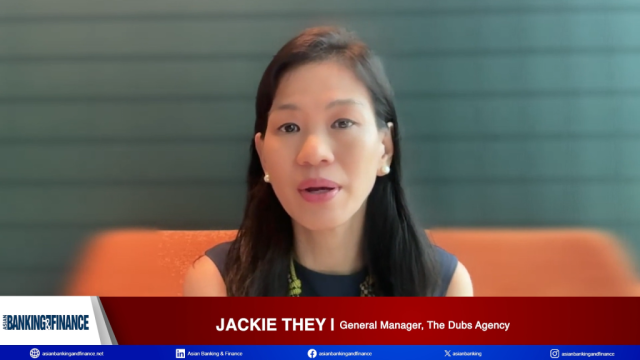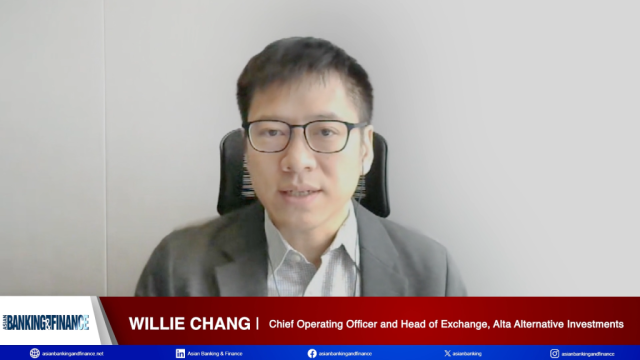
Korean banks likely to step up the issuance of bank capital securities: Fitch
Higher capital requirements will be phased-in by 2019.
Tighter banking supervision rules and the phase-in of higher capital requirements in South Korea will likely increase the focus on bank capital and profit reserve buffers to meet coupon payments for newly issued Additional Tier-1 (AT1) securities, Fitch Ratings says.
Banking groups are likely to step up the issuance of bank capital securities as they seek to meet the higher capital requirements, which will be fully phased-in by 2019.
Here's more from Fitch Ratings:
The amended rules relate to the flexibility the banking groups have to pay coupons on AT1 securities when capital ratios are close to or have fallen into the additional capital buffer zone.
From an accounting perspective, the pool of available reserves from which distributions can be paid is now limited to a certain percentage of the bank's "annual profit", depending on regulatory capital ratios.
Previously this was based on a much larger distributable reserve pool classified as "retained earnings". The change was effective 22 December 2015 and does not apply to AT1 securities issued before that date.
This means that the issuing banks will have reduced flexibility to pay coupons when a breach of the capital buffer requirements is imminent. The requirement will also impact the banks' flexibility to pay ordinary dividends and performance-linked bonuses.
The restrictions on distributions will be lifted once the bank's capital ratios exceed the buffer requirements. This change is designed to avoid a scenario where a bank with large retained earnings continues to make distributions on loss-absorbing capital, such as equities and AT1 securities, even though its capital adequacy continues to weaken.
Higher capital requirements are being progressively phased-in with the regulator likely to announce the level of countercyclical buffer shortly. A Korean bank designated as a domestic systemically important financial institution (D-SIFI) will need to maintain Common Equity Tier 1 (CET1) ratio above 8%, Tier 1 ratio above 9.5% and total capital adequacy ratio (CAR) above 11.5% by 2019. Each ratio could be increased by as much as 2.5pp if the countercyclical buffer is implemented in full - something the agency thinks is unlikely in the current environment.
Fitch expects banks to build up their buffers to avoid breaching the new requirements. Failure to respond in a proactive manner may indicate an issuer has low financial flexibility, which could lead to a reassessment of the bank's Viability Rating (VR).
The agency's approach to rating AT1 securities issued by Korea's commercial banks is to notch them five levels down from the VR - the anchor rating for the AT1 securities.
The notching reflects the very high non-performance risk (three notches for fully discretionary coupon omission) relative to the VR and the poor loss-severity (two notches) relative to average recoveries. All the Basel III-compliant securities issued by Korea's banks so far are subject to a complete and permanent write-off upon the issuing bank being designated as insolvent.























 Advertise
Advertise







